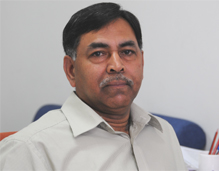A China-North Korea-Myanmar “Axis” in the making?
Tacit Chinese endorsement of the policies pursued by North Korea and Myanmar has emboldened them to persist with policies that are detrimental for peace and stability in the region.
- Published: June 17, 2010


















